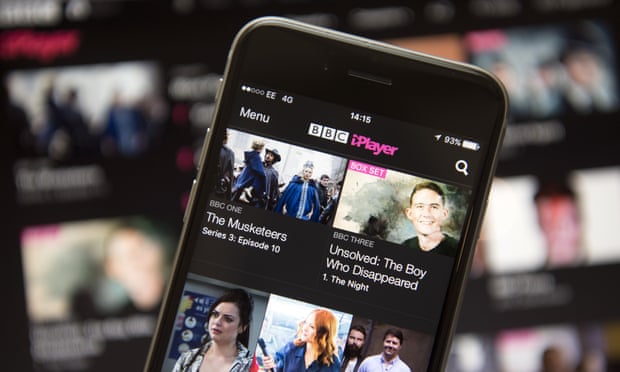The BBC is currently planning a fourth update to its streaming service iPlayer in the wake of the growing popularity of online streaming.
With the rise of online streaming networks like Netflix and Amazon Prime providing ‘binge-worthy’ box sets and unique original shows, together with developing technology, the viewer is increasingly changing and developing in the way they enjoy television.
Most significant among the changes will be an extended streaming period. In August, broadcasting regulator Ofcom gave iPlayer the green light to extend the availability of programmes from 30 days to a year.
Modifications such as these are as a result of growing competition from online streaming services. Formerly representing 40% of the streaming market in 2014, BBC iPlayer now only accounts for 15% of usage. When iPlayer was initially released in 2007, it arrived as a true pioneer of UK online streaming. Now the BBC is being forced to focus on future trends towards on-demand viewing rather than traditional and riskier live broadcasts.
Services such as Netflix, Amazon Prime, Hulu and NowTV all contribute to an increasingly crowded market. Furthermore, the update of iPlayer could be seen as a significant push to remain relevant among emerging competitors such as Apple TV and Disney Plus, both set to launch by early 2020.
These new updates to BBC iPlayer could endanger provoking future partner ITV, by potentially undermining their joint BritBox service due to launch this autumn. BritBox is marketed at £5.99 a month, providing a more affordable streaming option as an addition for customers who already own Netflix subscriptions.
Unfortunately, other recent changes to BBC streaming products have not proved altogether successful. In September 2019, the BBC began a switch-off of their iPlayer Radio app, with BBC Sounds as a replacement. Users of the service protested at the limited availability on older systems any earlier than Apple’s iOS 11, Android 5 or Amazon OS 5. This meant those without up to date operating systems were not able to access the new app.
“We’re not driven by commercial imperatives… we’re driven by the desire to push creative boundaries.”
Charlotte Moore, BBC director of content.
James Purnell, the BBC’s radio and education director, explained that compatibility with older operating systems did not offer “good value for money”. He said in a blogpost: “If people’s devices aren’t capable of running a supported operating system, in most cases they will still be able to access BBC Sounds on that same device via a web browser (eg Safari, Chrome).”
BBC director of content Charlotte Moore was seen to appeal to top writers and creators on the UK at a BBC event on Monday evening, promising a big platform for unrivalled creative freedom if the audience chose to take their work to the BBC.
With Fleabag creator Phoebe Waller-Bridge swiftly claimed by Amazon from the BBC, and hit dramas such as The Crown already part of Netflix, Moore was keen to emphasise that “We’re not driven by commercial imperatives… we’re driven by the desire to push creative boundaries.” Adding that the BBC’s brand and TV channels are the “world’s most amazing marketing tool,” setting the broadcaster apart from other opponents on the market.
Image: Carl Court/Getty Images

